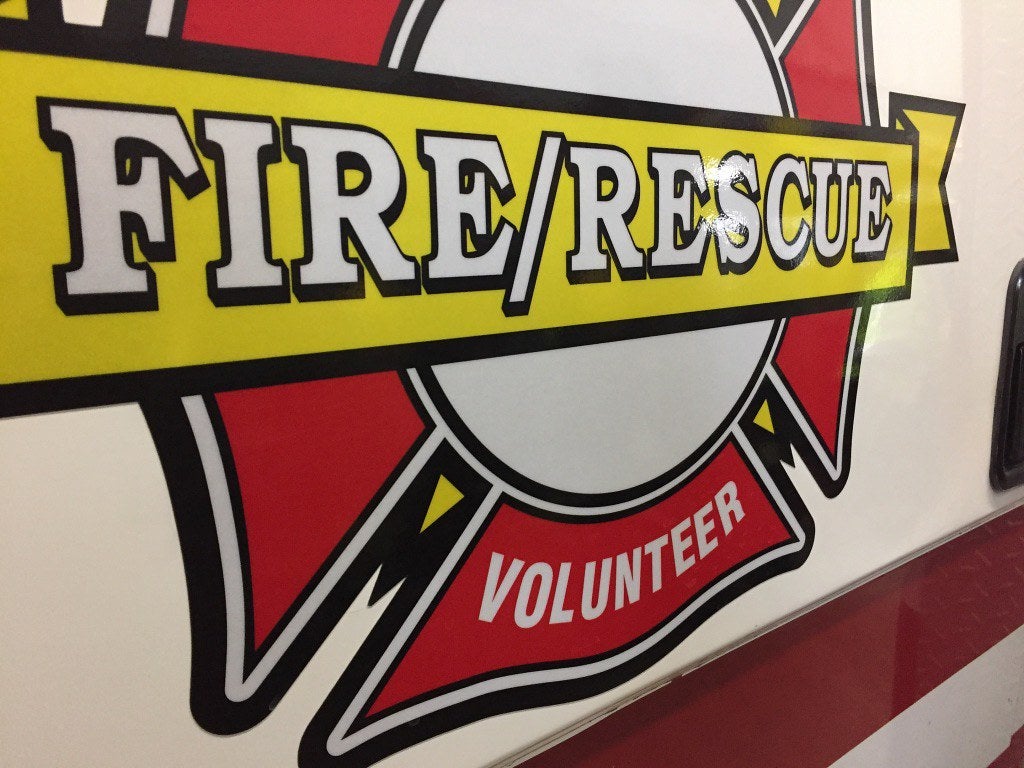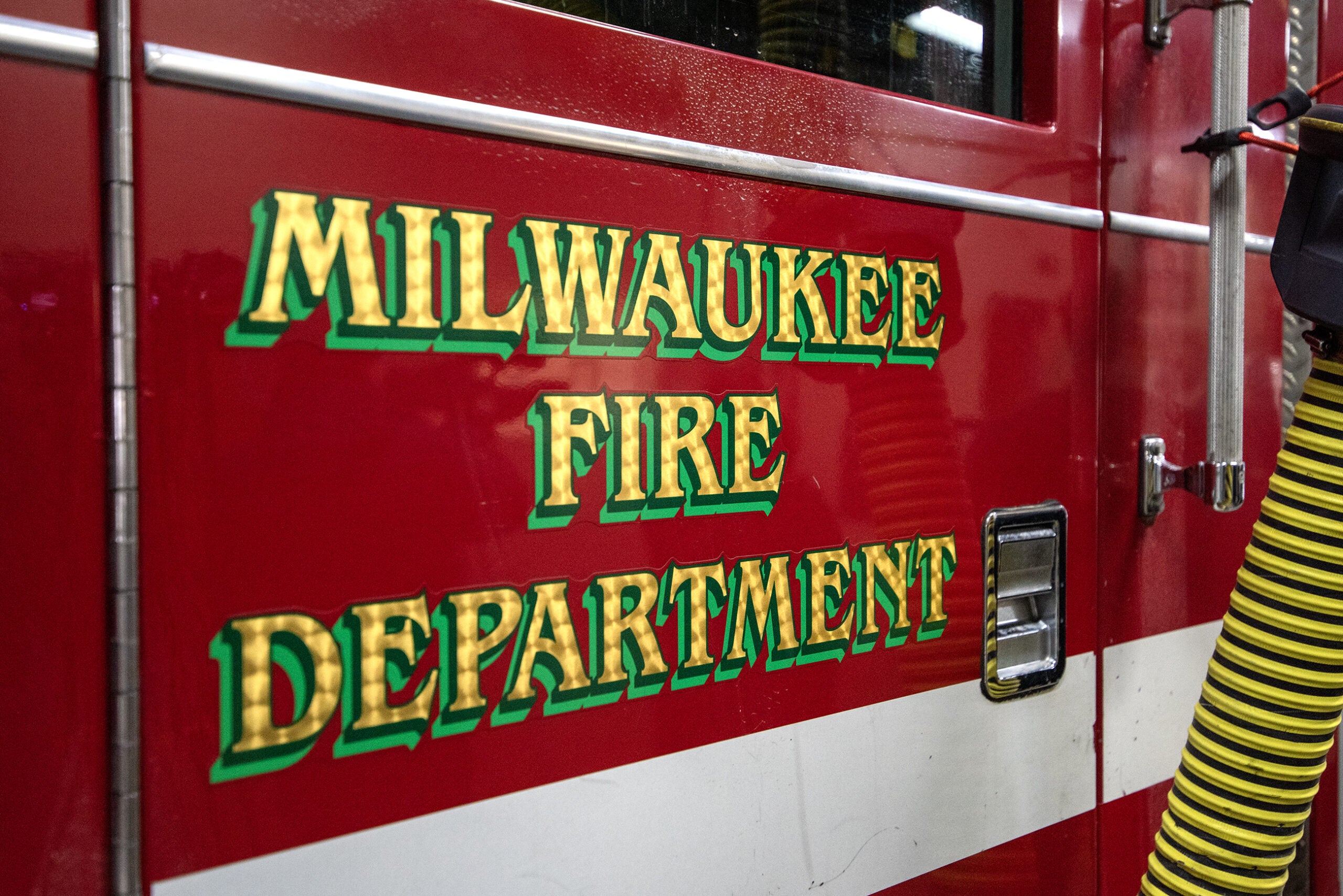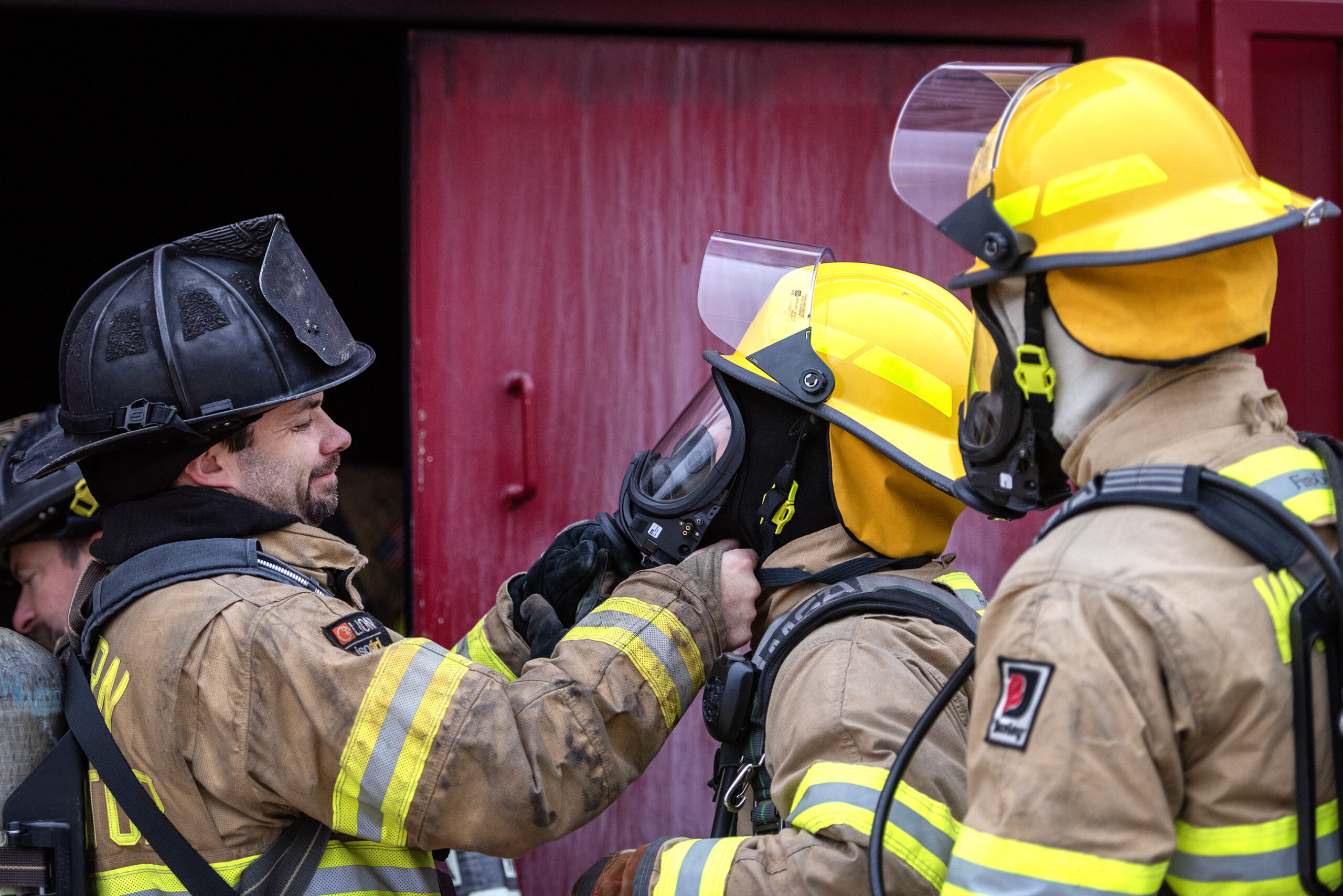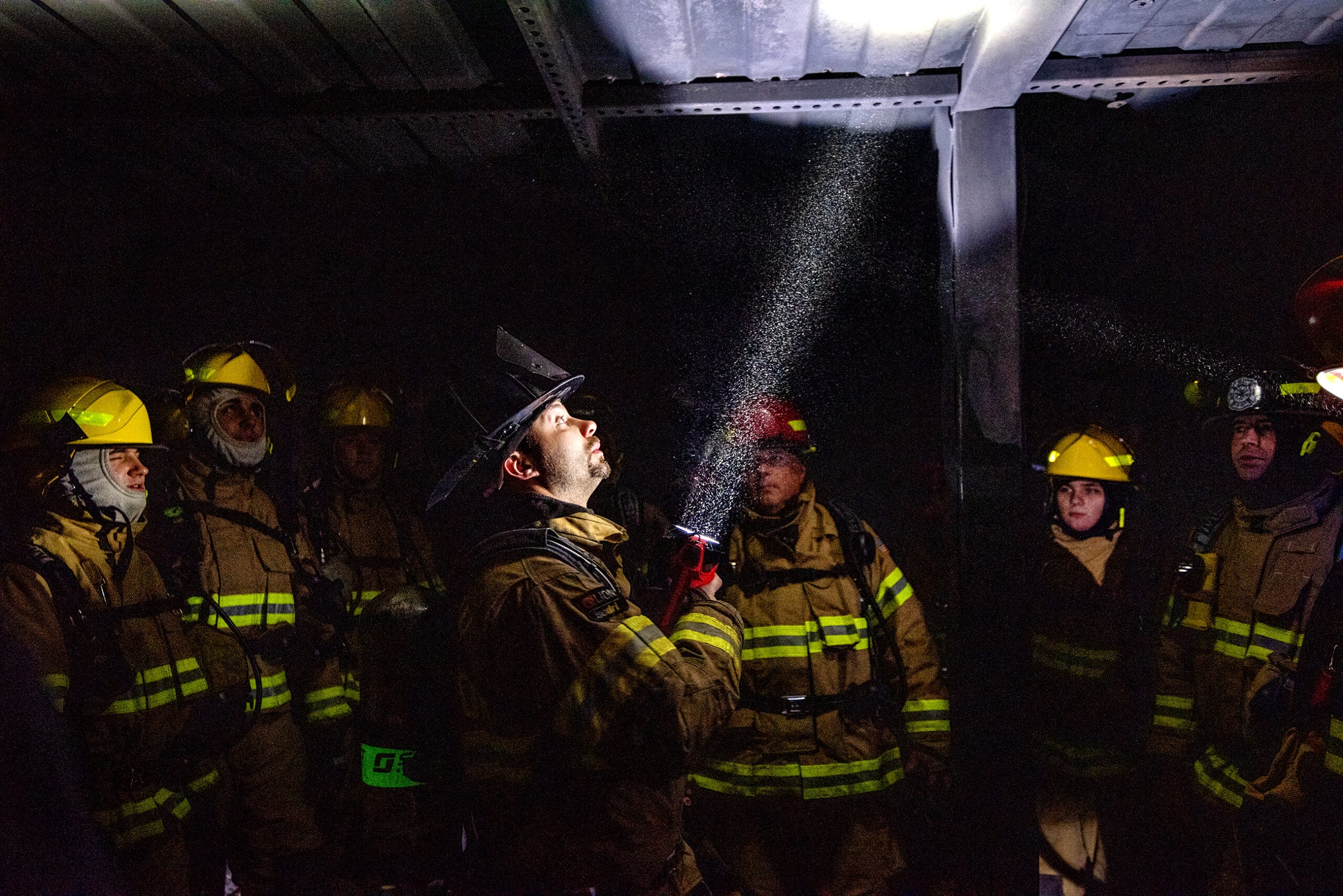Volunteers don’t do things for the money. But will money from a proposed tax credit for volunteer firefighters be enough to stop the loss of members from Wisconsin’s volunteer fire departments?
Some state lawmakers introduced a bill last spring that could eventually give volunteer firefighters up to an annual $1,500 tax credit based on years of service, training and equipment costs.
U.S. Fire Administration statistics show 92 percent of Wisconsin’s 763 registered fire departments are staffed by all or mostly volunteers.
Stay informed on the latest news
Sign up for WPR’s email newsletter.
There are no good statistics showing the decline of volunteer firefighters in the state, but anecdotally there seems to be less interest in many volunteer fire departments.
“When I started, we always had a waiting list of people that wanted to get involved and we no longer have that,” said Darren Vik, chief of the Spooner Fire District in northwestern Wisconsin.
“Today, it’s really hard. I think we’re missing a little bit of what community is about. We approach ‘em and we’re having a little trouble, but we do our best to try and get the word out an let ‘em know we’re always looking for help on the fire department,” he said.
Vik said state lawmakers and even local governments may eventually have to offer more than a tax credit to have emergency responders.
“If we lose these volunteers, the service is still needed and is going to be required. It’s going to turn everything into more paid positions and that’s the biggest challenge we have,” Vik said.
“If we have to start paying this 90 percent of firefighters that are out there because they don’t want to be part of it, that’s going to really hit the tax base and hurt a lot of people,” he added.
But Mark Schwartz, an emergency medical services educator from Chippewa Valley Technical College, said a tax credit could be an incentive that encourages volunteer emergency responders.
“Is it going to be the breaking point of, ‘Well, I’ll stay on because I get this tax credit,’ It very well might be. That’s going to keep people responding to calls, answering the pager and getting out and helping the people that need help,” said Schwartz.
Wisconsin Public Radio, © Copyright 2024, Board of Regents of the University of Wisconsin System and Wisconsin Educational Communications Board.






